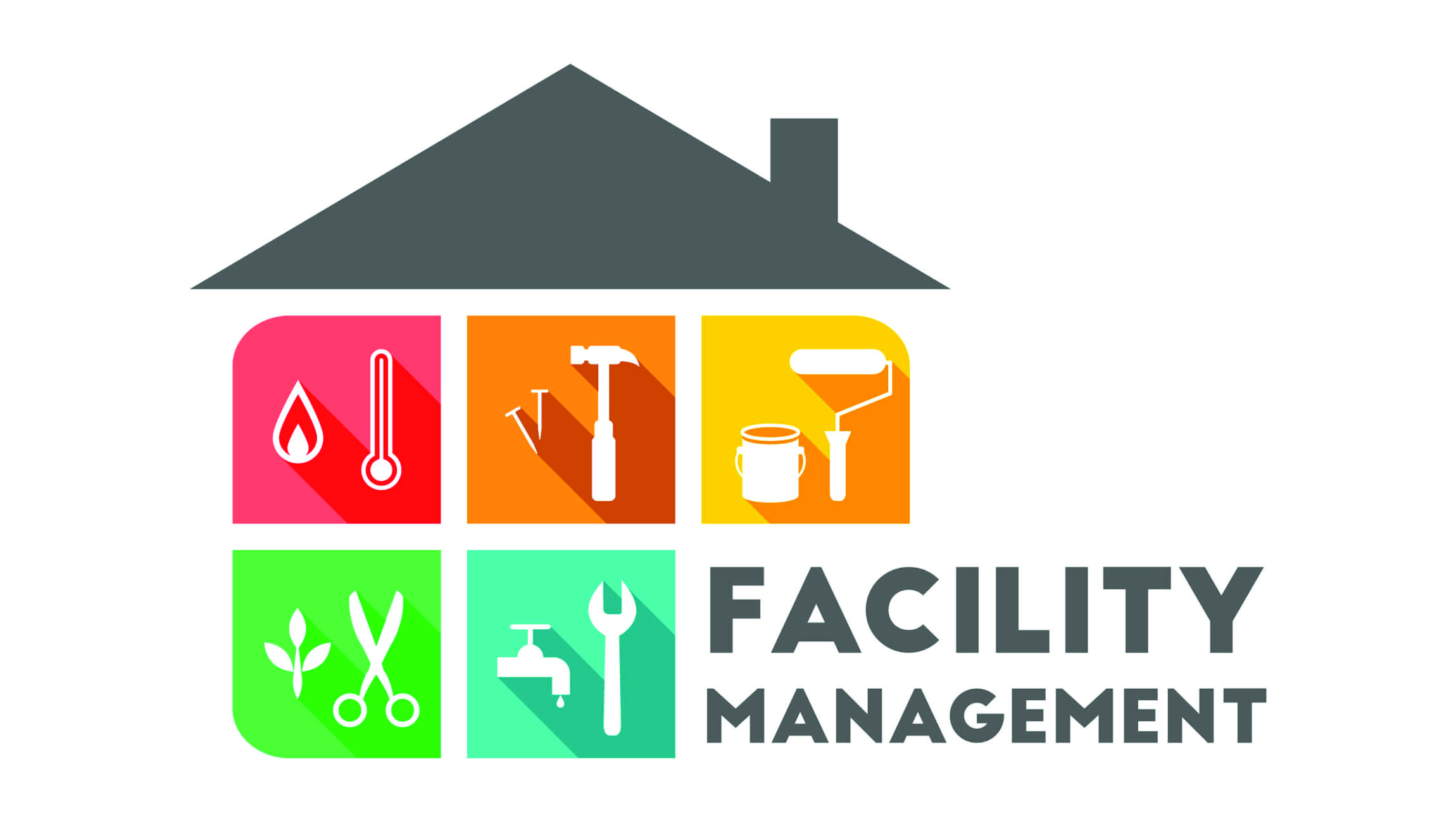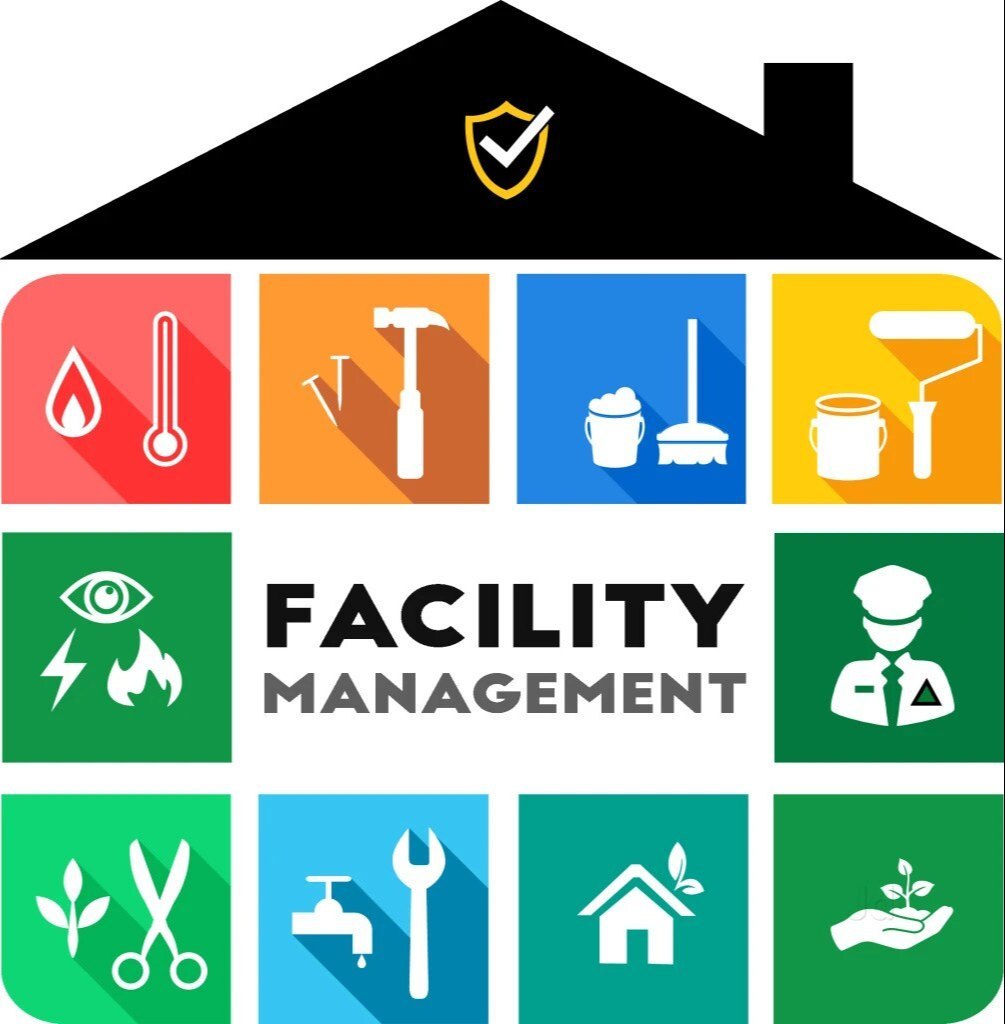The Role of Facility Management in Sustainable Operations
The Role of Facility Management in Sustainable Operations
Blog Article
Secret Fads Forming the Future of Center Administration in 2024
As we look ahead to 2024, the landscape of center administration is positioned for considerable improvement, driven by several crucial patterns. The integration of wise building innovations and a change in the direction of data-driven decision-making pledge to enhance functional efficiency while focusing on sustainability in practice. Furthermore, the development of crossbreed job models is improving office environments, necessitating cutting-edge layout options that deal with evolving worker demands. Amidst these adjustments, the emphasis on owner health remains to acquire grip, underscoring the significance of a healthy and balanced workplace. How these fads will certainly show up in method stays a crucial question for industry experts.
Smart Building Technologies

Smart building technologies include a broad array of systems, including intelligent illumination, heating and cooling controls, and safety and security systems. By integrating these systems, facility supervisors can keep an eye on and adjust parameters in real-time, causing substantial decreases in energy waste and functional costs. As an example, smart sensors can spot occupancy levels and adjust lighting and temperature level as necessary, making sure that power is just used when required.
Additionally, these technologies facilitate improved data collection, permitting companies to track usage patterns and identify chances for more renovations. The execution of clever structure innovations not only contributes to sustainability goals but also develops healthier work environments that can boost worker productivity and fulfillment.
As we move into 2024, the adoption of smart building modern technologies will likely speed up, showing a more comprehensive change towards more intelligent, responsive, and lasting facility management methods.
Data-Driven Choice Making
Progressively, companies are leveraging data-driven decision making to enhance facility administration practices. By harnessing data analytics, center managers can derive workable insights that dramatically enhance functional effectiveness and resource allowance. The integration of sophisticated technologies, such as IoT sensors and real-time surveillance systems, makes it possible for the collection of huge quantities of information on building performance, occupancy prices, and power usage.
This wealth of info permits center managers to recognize fads, anticipate upkeep requirements, and proactively address issues before they escalate. Anticipating analytics can forecast devices failings, reducing downtime and repair work prices. Furthermore, data visualization tools facilitate better interaction amongst stakeholders, making sure that informed decisions are made collaboratively.
Moreover, data-driven methods improve calculated preparation by enabling facility managers to analyze the effectiveness of existing techniques and make notified options relating to financial investments in modern technology or framework. As companies significantly focus on operational excellence, data-driven decision production is positioned to come to be a foundation of successful facility management strategies in 2024 and past. Inevitably, the capability to take advantage of data efficiently will empower companies to develop a lot more effective, productive, and resistant facilities.
Sustainability and Eco-friendly Practices
The focus on data-driven decision making naturally straightens with the expanding concentrate on sustainability and environment-friendly methods within facility management. As companies progressively prioritize ecological obligation, center supervisors are leveraging analytics to optimize source usage, reduce waste, and decrease carbon footprints. This strategic method redirected here allows the integration of energy-efficient systems, such as LED lights, wise HVAC controls, and renewable resource resources right into facility procedures.
Furthermore, the execution of sustainable techniques prolongs past energy intake. Facility supervisors are adopting eco-friendly products and promoting recycling efforts to create a circular economic situation within their facilities. This not just boosts the environmental account of the company yet likewise cultivates a culture of sustainability amongst staff members.
Compliance with ecological regulations is an additional important aspect driving the adoption of environment-friendly practices. By using information analytics, center managers can keep track of conformity metrics and identify areas for renovation, ensuring adherence to regional and worldwide sustainability standards.
Hybrid Job Versions
A significant shift in the direction of crossbreed job versions is reshaping the landscape of facility management in 2024. This paradigm integrates in-office and remote job, demanding a reevaluation of space usage, resource allotment, and worker involvement approaches. Organizations are increasingly identifying the relevance of versatile offices that provide to varied requirements and choices.
Facility managers have to adapt by applying versatile Continued workplace designs that support joint efforts while supplying locations for focused work. This consists of the integration of innovation to promote seamless communication and cooperation among remote and in-office staff members. Smart structure services, furnished with analytics and sensors, permit real-time tracking of room usage, allowing companies to maximize their environments effectively.
Moreover, hybrid job models stress the requirement for reliable center monitoring that focuses on employee experience. In essence, the crossbreed job model is revolutionizing center administration, encouraging a proactive technique to meet the evolving demands of the labor force.
Enhanced Owner Wellness
As companies accept hybrid job designs, a heightened concentrate on owner wellness is becoming essential to facility management strategies. Facility Management. This shift acknowledges that a healthy and pleased labor force directly influences performance and retention prices. Center managers are now prioritizing environments that advertise mental and physical health, integrating components such as natural lighting, biophilic style, and accessible wellness resources

Technology plays an essential duty in this evolution. Smart building systems can check ecological aspects and adjust setups in real-time, guaranteeing optimum convenience degrees - Facility Management. Furthermore, feedback systems, such as tenancy sensing units and worker surveys, permit center managers to consistently fine-tune wellness campaigns based on occupant needs.

Verdict
In 2024, the future of center management will be dramatically influenced by the combination of clever structure innovations and data-driven decision-making, promoting boosted operational effectiveness. Sustainability initiatives will certainly focus on environmentally friendly methods, while the appearance of crossbreed work models will require adaptable workplace designs. A heightened focus on occupant wellness through advanced Heating and cooling systems and biophilic style will contribute to healthier work environments. These trends collectively underscore the evolving landscape of facility management in response to contemporary obstacles and possibilities.
Center supervisors are advertising and adopting eco-friendly products recycling initiatives to develop a round economy within their centers.A substantial shift towards crossbreed work over here versions is reshaping the landscape of facility monitoring in 2024.Furthermore, hybrid job models stress the requirement for effective center management that focuses on worker experience.As companies accept hybrid job designs, a heightened emphasis on owner wellness is coming to be important to facility monitoring techniques.In 2024, the future of center management will certainly be considerably affected by the integration of wise building innovations and data-driven decision-making, fostering enhanced functional efficiency.
Report this page